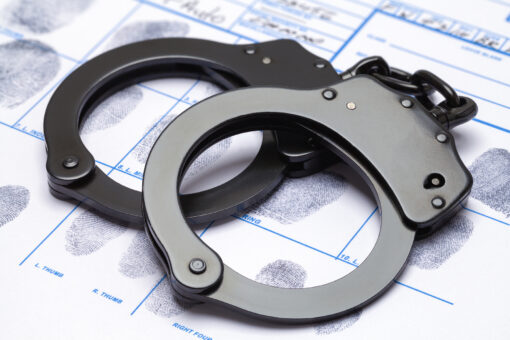Few things in life are more stressful than being accused of committing a crime. For most individuals, the uncertainty – What will happen to me? — is terrifying. Will I have to go to jail? What will happen next? It is a perpetual source of worry. While it is impossible to anticipate the outcome of any criminal case with confidence, understanding the California criminal process can help to alleviate some of the anxiety as you prepare for what lies ahead.
An expert criminal defense lawyer can assist you at every level of the criminal procedure in California, which usually begins with an arrest. While not everyone charged with a crime will be legally arrested, most people will be placed under arrest and taken into custody by law authorities. Keep reading to learn what happens next and contact Chambers Law Firm at 714-760-4088 to request a free legal consultation.
What happens when a person is in detention
If a suspect in a California criminal case is in detention at this time, he or she will most likely be given the option of paying bail in order to be freed. The bail system in California is currently undergoing change, however bail is now set based on a person’s flight risk, the nature of the offence, and any past criminal history.
The arraignment
An arraignment is a defendant’s initial court appearance in a criminal case in California. The judge will read the accusations against the defendant during the arraignment and ask the defendant how he or she wishes to plead: guilty, not guilty, or no contest.
The defendant’s basic rights, such as the availability of court-appointed counsel, will also be explained by the judge. The judge will consider bail and schedule further court dates during the arraignment. A criminal defense lawyer can represent a defendant at this hearing and offer bail arguments.
Preliminary hearings
Following that, there will very certainly be a series of preliminary hearings in which both parties argue to the court whether there was probable cause for an arrest or the prosecution presents evidence to a grand jury in order to obtain an indictment. The case will be dismissed if there was no probable cause.
Pre-trial motions
Otherwise, the case will continue forward and pre-trial motions will be filed. Motions are legal documents that a criminal defense attorney can file to request specific things, such as the suppression of some evidence, the limitation of the admission of other evidence, or any number of other things. During this period, the prosecution can submit motions, and both parties will share information via a process known as discovery.
The trial will commence when all pre-trial motions have been addressed. Each side will have a chance to present evidence and cross-examine witnesses. It is the prosecution’s responsibility to establish beyond a reasonable doubt that a defendant committed a crime.
If you have been accused of a California state crime, then you need an experienced attorney on your side. Contact Chambers Law Firm at 714-760-4088 now for a free legal consultation.





